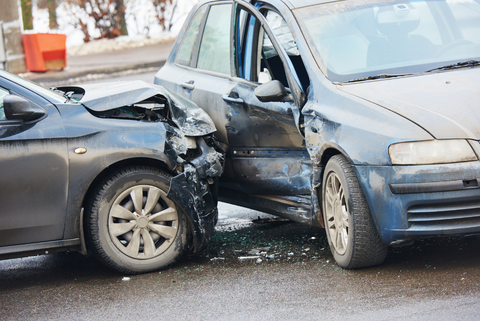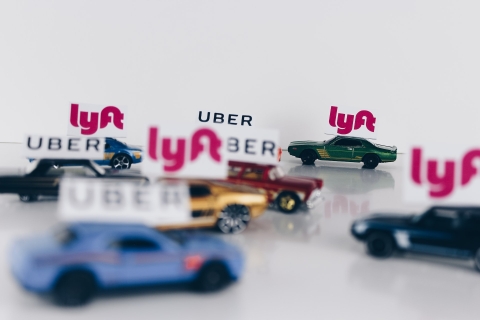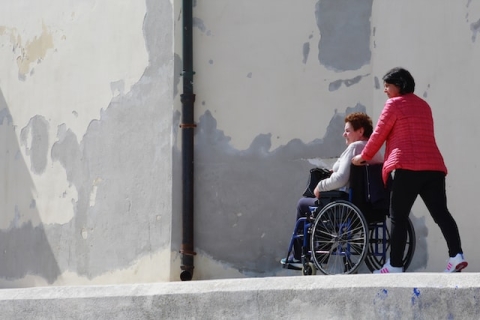
Who Pays Your Medical Bills in a Michigan Auto Accident?
The following are article fragments published by HG.org Legal Resources:
Who Pays Your Medical Bills in a Michigan Auto Accident?
Most people have what’s called “coordinated” or “excess” medical benefits on their auto insurance policies. This means that in the event the person is injured in a car or a truck accident, his or her health insurance is supposed to pay first, then the auto insurer is responsible for the balance under the Michigan No-Fault law.
There is also an option to have primary medical benefits on your insurance policy. Another term for this is primary medical PIP (personal injury protection benefits). This means that in the event of an auto accident injury, the injured person receives medical benefits from their auto insurance company.
Coordinated coverage is less expensive than primary coverage, as your auto insurance company expects it will not have to pay first in the event of a motor vehicle crash.
However, in some cases, the auto insurer does end up paying first. One such example is if the health insurance policy contains an auto accident exclusion, which is an exclusion in the policy that states the insurance company will not pay for treatment related to auto accidents if there is Michigan No-Fault insurance coverage that applies.
Situations when Michigan Drivers should choose Primary Medical PIP benefits:
There are several situations where it’s beneficial for people to use medical benefits from their auto insurance by electing to have primary medical PIP coverage. Even though it may be a little more expensive, the positives far outweigh the slightly higher costs.
Here are a few examples of when people are better off with primary medical PIP insurance benefits:
1. Auto Accident Exclusions.
If you have any type of auto accident exclusion in your health insurance policy, you should elect primary medical on your auto No-Fault insurance. To find out whether you have an auto accident exclusion, you should contact your health insurer and request a copy of the “summary plan description” or the plan itself. Review this with your insurance agent as well.
2. Beware of Self-Funded ERISA plans.
If your health insurance is a self-funded ERISA plan, you should elect primary medical on your auto No-Fault insurance. Large companies often have self-funded plans, where the employee population is large enough that the employers can take on the financial risk themselves. With such plans, the company hires the health insurer (e.g., Blue Cross Blue Shield) as an administrator, but the money for the expenses is paid out of assets of the company, not the health insurer. These plans can claim a federal lien against your auto accident negligence case (i.e., your case for pain and suffering against the at-fault driver after a car accident). Keep in mind, this area of law is continually changing and is being strongly contested between personal injury lawyers and consumer justice organizations on the one hand, and lawyers representing the ERISA plans on the other.The best way to avoid the problem is to elect primary medical on your auto No-Fault insurance.
To find out whether your health plan is a self-funded ERISA plan, you should contact your health insurer and request a copy of the “Summary Plan Description” or the actual plan. This will help verify and determine your responsibilities with regard to reimbursement and substitution.
3. If you have an HMO.
HMOs can be very restrictive and can often result in delayed medical treatment. By electing primary medical PIP, you do not have to treat within the HMO and can substantially expedite your treatment and improve your choice of providers.
4. Important Warning about Medicare and Medicaid if you are injured in a car accident and have Michigan No-Fault insurance:
If you have Medicare, Medicaid, Veterans Administration Benefits or any county health plan, you should have primary medical PIP on your auto No-Fault insurance. This helps to avoid the “super liens” that providers of government benefits may otherwise have against your automobile negligence case (i.e., the case for your personal injuries and pain and suffering that you would bring against the at-fault driver who caused your accident).
References
Who Pays Your Medical Bills in a Michigan Auto Accident? (2023). HG.org Legal Resources. Retrieved March 24, 2023.



